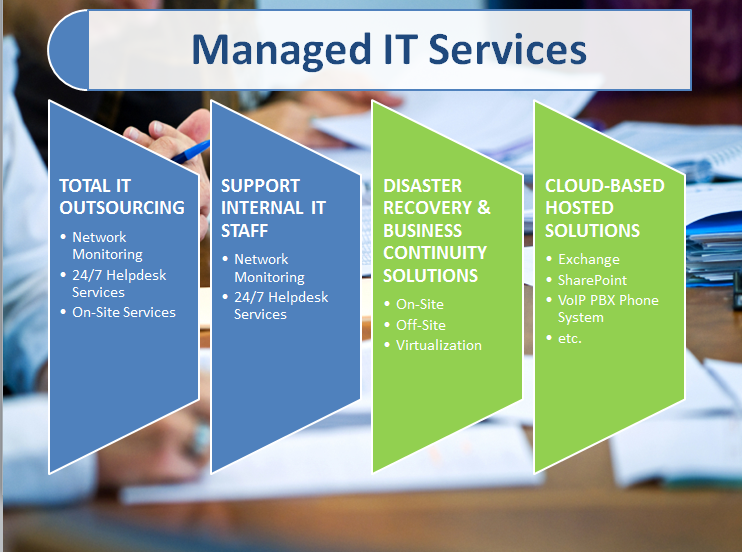
Investing in residential land can be a lucrative venture that provides both financial returns and the satisfaction of owning a piece of property. When looking for investment opportunities, it's essential to explore hidden gems that have the potential for growth and development. By discovering residential land near you that is undervalued or has untapped potential, you can make a smart investment that pays off in the long run.
Finding the Right Location
Considerations for Location
- Proximity to urban centers
- Development plans in the area
- Accessibility to amenities
- Potential for future growth
When looking for residential land near me to invest in, the location is key. Consider the following factors when evaluating potential opportunities:
- Proximity to urban centers: Land located near major cities or growing urban areas tends to increase in value over time.
- Development plans in the area: Research any upcoming infrastructure projects or development plans that could boost property values.
- Accessibility to amenities: Land located near schools, shopping centers, parks, and other amenities is highly desirable to potential buyers.
- Potential for future growth: Look for areas that are experiencing population growth and economic development, as these factors can drive up property values.
Evaluating Potential for Growth
Factors to Consider
- Market trends
- Zoning regulations
- Infrastructure projects
- Demographic shifts
Before making an investment in residential land, it's crucial to evaluate the potential for growth in the area. Consider the following factors:
- Market trends: Research current real estate market trends and projections to determine if the area is poised for growth.
- Zoning regulations: Familiarize yourself with local zoning laws and regulations to understand what can be built on the land and if there are any restrictions.
- Infrastructure projects: Look for areas with planned or ongoing infrastructure projects, such as new roads or public transportation, that could increase property values.
- Demographic shifts: Consider demographic trends, such as population growth or influx of young professionals, that could drive demand for residential properties in the area.
Tapping into Undervalued Opportunities
Strategies for Finding Undervalued Land
- Working with local real estate agents
- Attending property auctions
- Researching distressed properties
- Networking with developers and investors
One of the best ways to discover hidden gems of residential land near you is to tap into undervalued opportunities. Here are some strategies to consider:
- Working with local real estate agents: Local agents often have insider knowledge of upcoming listings and potential investment opportunities in the area.
- Attending property auctions: Property auctions can be a great way to find undervalued land that is being sold below market value.
- Researching distressed properties: Look for distressed properties that may be in need of renovation but have the potential for a significant increase in value.
- Networking with developers and investors: Build relationships with professionals in the real estate industry who may have leads on hidden gems of residential land.
Maximizing Your Investment
Tips for a Successful Investment
- Have a clear investment strategy
- Perform due diligence
- Monitor market trends
- Consider long-term potential
To maximize your investment in residential land, follow these tips for success:
- Have a clear investment strategy: Set specific goals and objectives for your investment, whether it's to hold the land for future development or to sell for a profit in the short term.
- Perform due diligence: Thoroughly research the property, including its history, title, zoning regulations, and potential for development.
- Monitor market trends: Stay informed about market trends and economic indicators that could impact the value of your investment.
- Consider long-term potential: While short-term gains are appealing, consider the long-term potential of the land and its ability to generate passive income or appreciate in value over time.
Conclusion
Investing in residential land near you can be a rewarding venture that offers both financial returns and the satisfaction of owning a valuable asset. By exploring hidden gems of land that have the potential for growth and development, you can make a smart investment that pays off in the long run. Remember to consider the location, evaluate the potential for growth, tap into undervalued opportunities, and maximize your investment to ensure success in your real estate ventures.






